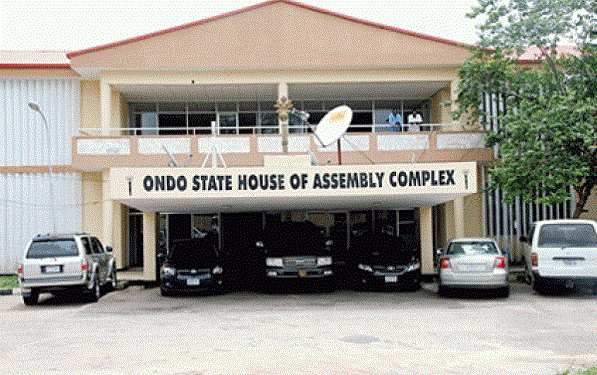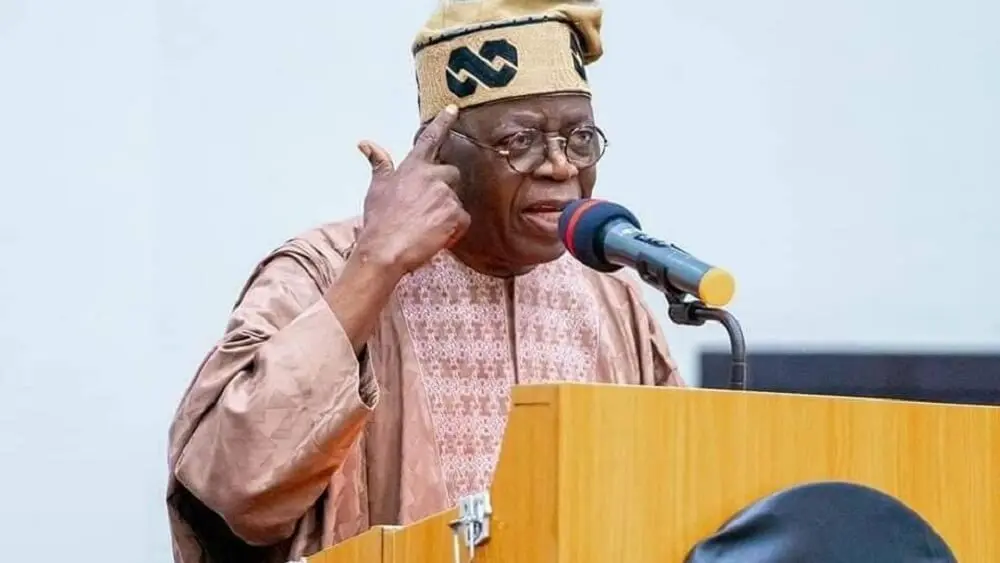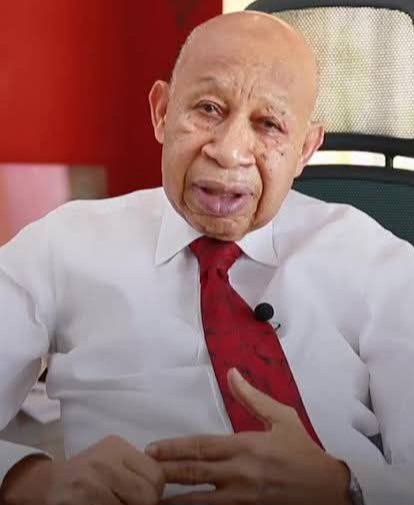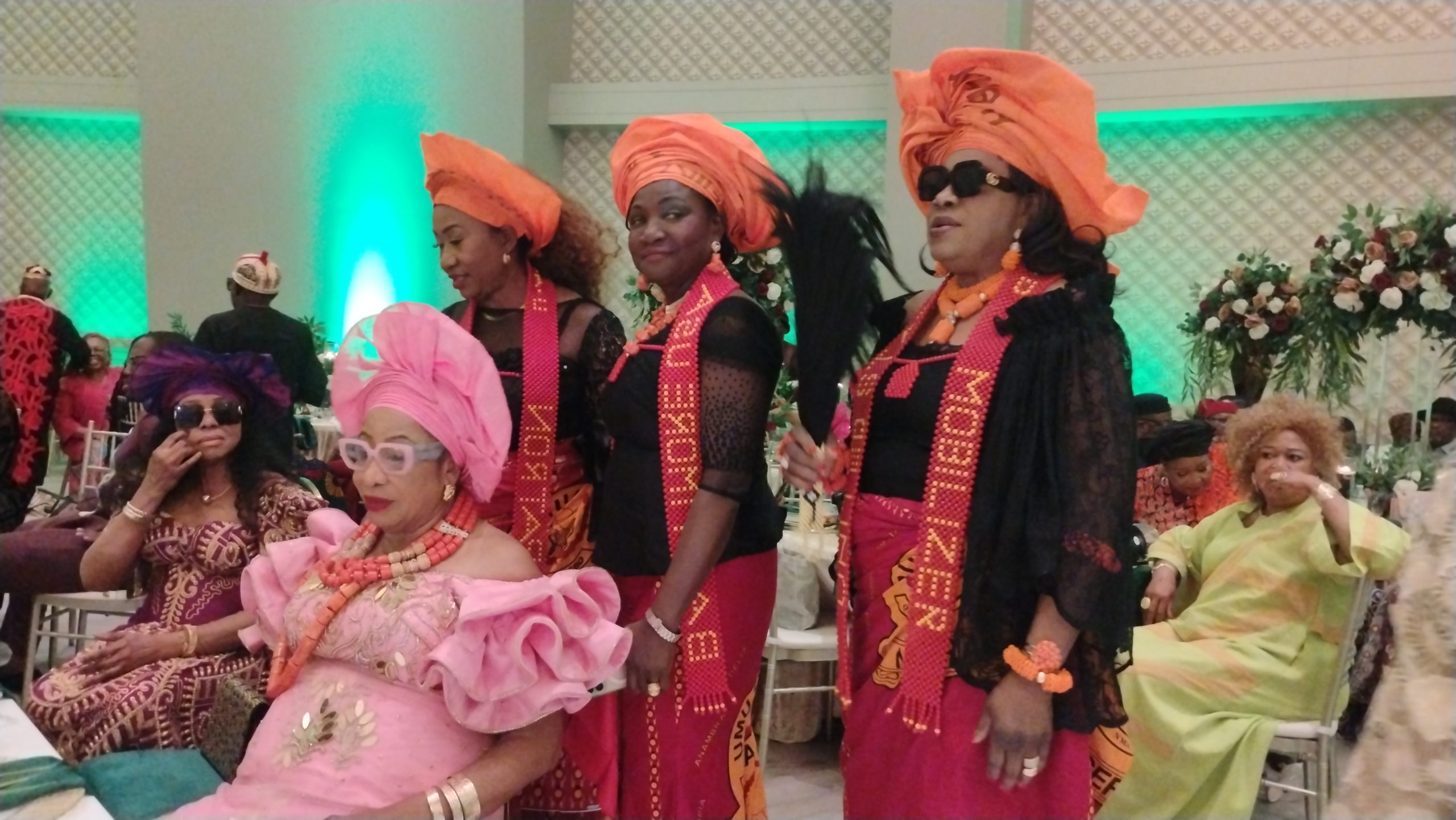Judgment For Orji Kalu’s Suit Against Retrial Comes Up Sept. 10
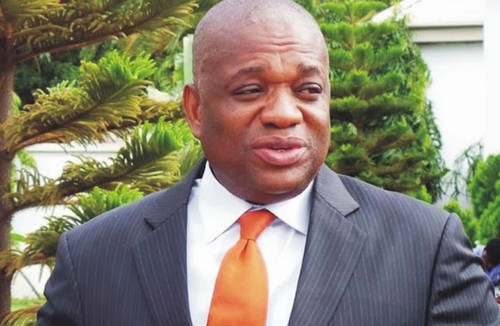
A Federal High Court in Abuja, Friday, scheduled judgment for September 10 in the suit by ex-Abia State Governor, Orji Uzor Kalu against his retrial as sought by Economic and Financial Crime Commission (EFCC).
Justice Inyang Ekwo chose the date after entertaining final arguments and submissions from lawyers representing parties.
Kalu is by the suit, challenging his planned retrial by the Economic and Financial Crimes Commission (EFCC) on a N7.1billion fraud case, after the Supreme Court voided his earlier trial and conviction along with two others.
The ex-governor, who hinged his case on Section 36 (9) of the Constitution argued that been tried, convicted and sentenced on same charges, FHC/ABJ/CR/56/ 2007, by the court under Justice M.B. Idris, it would amount to double jeopardy if he is subjected to a fresh trial on same charge
Kalu was charged and tried with his firm, Slok Nigeria Limited and an ex-Finance Director in the state, Ude Jones Udeogu for their alleged complicity in diverting the N7.1b from Abia State’s coffers.
They were convicted and, while Kalu and Udeogu were imprisoned, Slok was wound up.
But, upon an appeal by Udeogu, the Supreme Court set aside their trial and conviction in a judgment on May 8, 2020 on the grounds that the trial judge, having been elevated, ought not to have continued to hear the case.
In the judgment marked: SC/62C/2019 filed by Udeogu, the Supreme Court ordered a retrial in the case.
It is that retrial that Kalu now seeks to prevent with his suit, in which he argued among others that a retrial would subject him to double jeopardy.
On Friday, Prof. Awa Kalu, SAN, (lawyer to Kalu), George Ukaegbu (for Udeogu) and Chris Uche, SAN, (for Slok) urged the court to uphold the ex-governor’s argument.
Kalu contended that, in the absence of any extant judgment or order of a competent court directing his client’s fresh trial, the Economic and Financial Crimes Commission (EFCC) cannot engage in any retrial.
He argued that there was no disagreement among parties that his client was not a party to the appeal before the Supreme Court and that the order for retrial made by the Supreme Court did not relate to his client.
Kalu noted that the former governor stood for trial for 12 years, convicted and jailed for 10 years.
He added that the former governor, having served a period of jail term, would be subjected to double jeopardy if allowed by the court to be put on trial for the second time.
Reading from a copy of the Supreme Court judgment, upon which Kalu was released from prison after five months, the lawyer stated that there was nowhere in the judgment where his client trial was ordered to be retried.
Kalu, who challenged the EFCC to point out where the order for his client’s retrial is contained in the judgment, urged the court to prohibit the anti-graft agency from proceeding with the planned retrial.
In a counter-argument, lawyer to the EFCC, Rotimi Jacobs (SAN) faulted Kalu’s position and urged the court to dismiss the suit.
Jacobs noted that it amounted to blowing hot and cold at the same time for Kalu to have benefited from the Supreme Court judgment, but yet, seeks to avoid the burden of retrial contained in the same judgment.
He submitted that the judgment, on which basis Kalu was jailed has been declared a nullity by the Supreme Court, which also ordered retrial of the appellant (Udeogu) in the same charge on which he was jointly tried with Kalu and Slok.
Jacobs added that since Kalu took advantage of the Supreme Court judgment, on which basis he was released, he must bear the burden that arose from the same judgment.
He described the suit by the ex-governor as an attempt at approbating and reprobating at the same time. He further described it as frivolous, irritating and prayed the court to dismiss it.
Meanwhile, the Chairman of the EFCC, Abdulrasheed Bawa was sighted in court shortly after the conclusion of the proceedings.
Dressed in white native attire, Bawa was accompanied by some lawyers and security operatives. It was not clear what he was in court for.
He was later seen heading towards the office of the Chief Judge of the Federal High Court.

